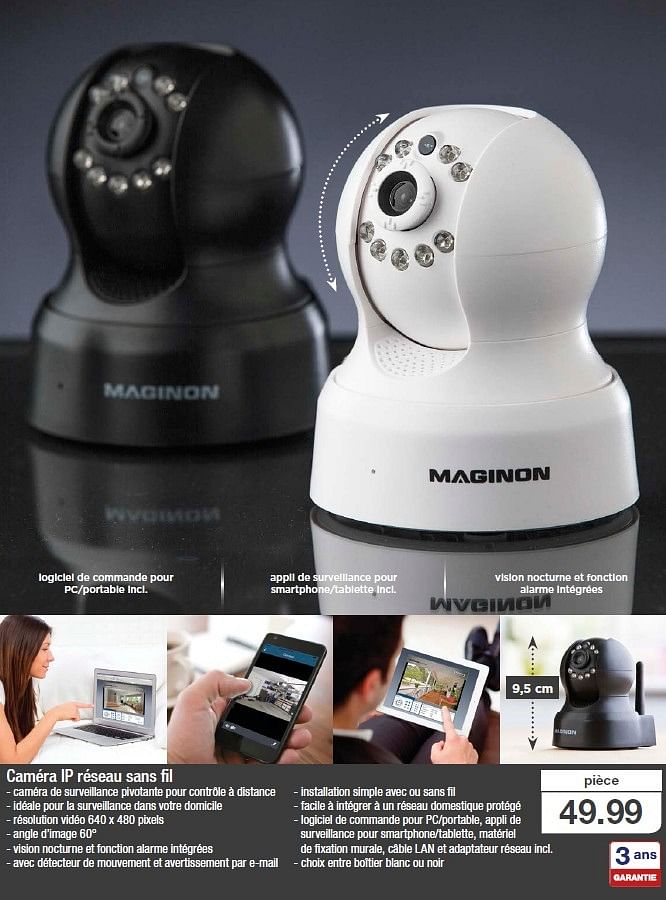

Over the past 10 years, cognitive training (also known as brain training, perceptual training, attention training, or mind training) has boomed, both as a research topic, and as a commercial product. Subsequently, there is an opportunity for researchers to develop more reliable findings in this area through systematic assessment in athletic populations and major methodological improvements. This conclusion, however, stems more from a lack of experimental studies in the sporting field and a lack of experimental rigor, rather than convincing null effects.

Therefore, evidence for sporting benefits is currently limited by the paucity of representative transfer tests and a focus on populations with health conditions.Ĭonclusions: Currently there is little direct evidence that the use of CCT devices can transfer to benefits for sporting performance. Additionally, a number of methodological issues with the CCT literature were identified, including small sample sizes, lack of retention tests, and limited replication of findings by researchers independent of the commercial product. Results: The review of evidence showed limited support for far transfer benefits from CCT devices to sporting tasks, mainly because studies did not target the sporting environment. Seventeen studies assessed transfer effects beyond laboratory cognitive tests, but only 1 directly assessed transfer to a sporting task. Forty-three studies met the inclusion criteria and were retained for quality assessment and synthesis of results. Methods: An extensive search of electronic databases (PubMed, PsychInfo, GoogleScholar, and SportDiscus) was conducted to identify peer-reviewed evidence of training interventions with commercially available CT devices. Therefore, this paper sought to provide a systematic review of evidence for beneficial training effects of CCT devices and evaluate their application to sport. The extent to which this training transfers to performance in the sporting arena is, however, unclear. Commercial CT (CCT) devices are highly appealing for athletes and coaches due to their ease of use and eye-catching marketing claims. While CT can target context specific skills, like movement anticipation, much CT is domain general, focusing on core abilities (e.g., selective attention) for transfer to a range of real-world tasks, such as spotting opponents. Sport and Health Sciences, University of Exeter, Exeter, United Kingdomīackground: Cognitive training (CT) aims to develop a range of skills, like attention and decision-making, through targeted training of core cognitive functions.


 0 kommentar(er)
0 kommentar(er)
